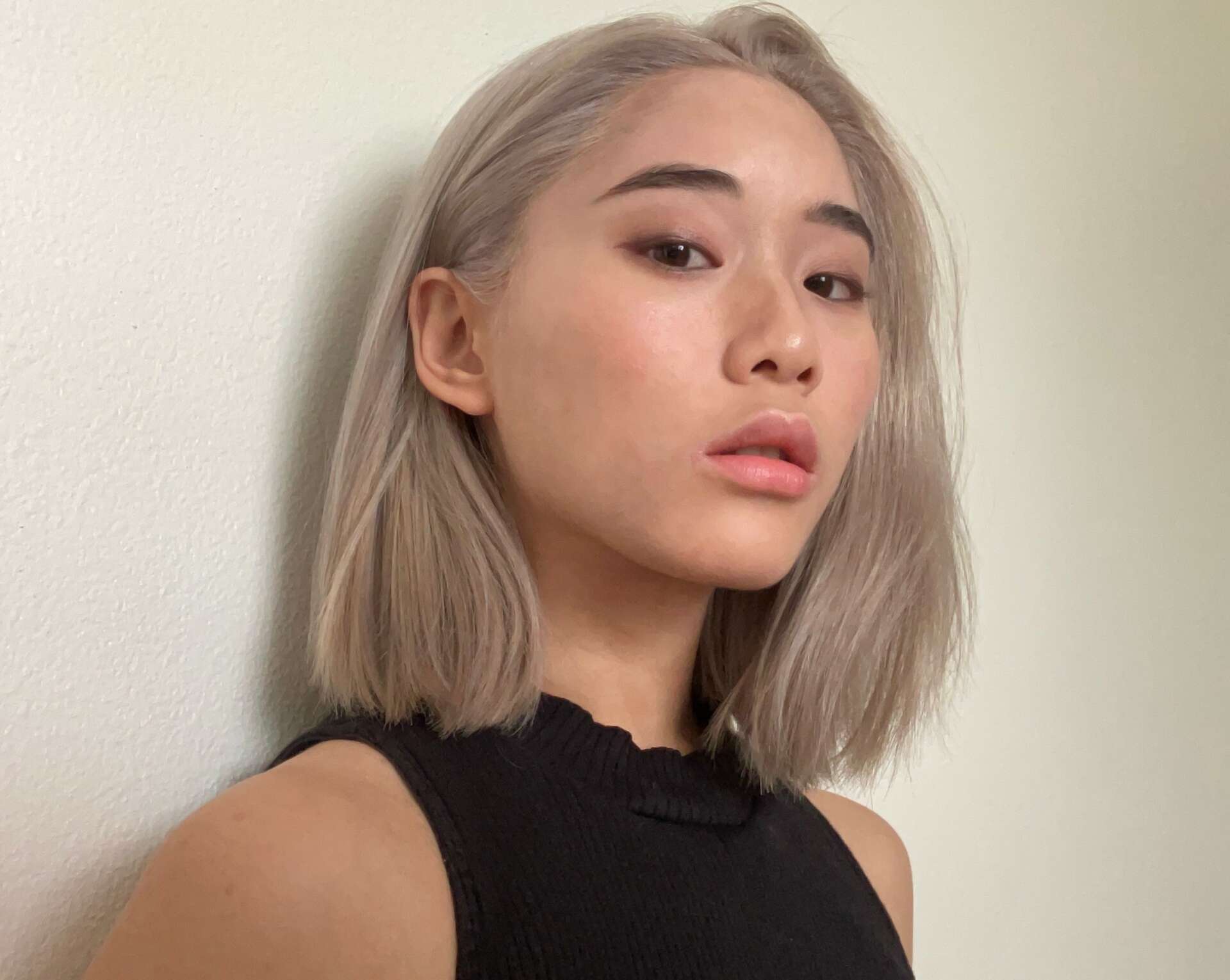We recently connected with Chloe Villamayor and have shared our conversation below.
Alright, Chloe thanks for taking the time to share your stories and insights with us today. What’s been the most meaningful project you’ve worked on?
I remember feeling silly in a masterclass during my Luna Lab fellowship around four years ago. We each had to pitch a hypothetical dream project assuming that money and resources were not an issue. People shared scoring blockbuster films, intricate art installations, or elaborate forms of cross-disciplinary collaboration. I just wanted to make an album that didn’t necessarily exist in a specific genre. They simply told me to do it. An album is the predominant genre in the current musical culture. It’s like a liturgical mass during the Middle Ages, or a Symphony during the 18th century. And because the album is so common and so important today, shouldn’t I just make one?
Still, my journey through this project has been slow, and I felt guilty for this. Why am I not doing this thing? What am I waiting for? But as much as I wanted to do it, I also wanted to do it right. The process was a slow unfurling. Beginning in high school, I wrote songs thinking that one day they’d be on an album, but it was somewhat of an aimless goal. I continued writing short ideas, stored either in voice memos or in my notes app. These gathered dust for a while.
In my freshman year of college, I finished writing a song and began working on the string quartet arrangement for it. I was so insecure about the idea and only showed my professor the score without any lyrics or recordings. Consequently, the lessons were awkward but as helpful as they could’ve been. A friend of mine agreed to produce the song for me, and by summer, we scheduled a recording session with a few other friends for the string parts. At this time, I was only thinking about this one song. An album seemed so much bigger than me. But a song was manageable.
The following year I toyed with the idea of an album once again, and this time I felt it was manageable. I created demos and shared them with my professor instead of hiding behind a sheet of paper, and he helped me shape the whole album conceptually to create a cohesive work. Still, other projects took priority over this. In that year I was commissioned to create a choral work for a festival in Cincinnati, I premiered a collaboration with choreographers at the school of dance, and helped in curating a sophomore showcase recital. I was resigned to picking up the album again if the time was right.
This fall of this year was the right time. I took a leap of faith and decided I’d produce this project myself. It may not be the most polished work, but it would be mine. I learned more than I could’ve anticipated under the guidance of my professor and friends and created something I can be proud of.
And while I was focusing on doing the work myself, the right people serendipitously came my way. A master’s student in composition offered to run a recording session, my choreographer friends were not only down to create dance videos for the work but also got me in touch with a collective that would help me create these videos, and the directors and producers I met were all invested and determined to give their best to this project.
Now, I’m overseeing the production of three music videos with the help of Movement in Motion Collective. These videos feature the ideas of three different sets of directors and choreographers. They are set to release in conjunction with my music beginning in mid-April. These projects do require funding, and we’re counting on the generosity of people who believe in us as artists.
It feels strange being so close to achieving this dream of mine. It terrifies me in the best way. Looking forward, I have a few ideas that I’m eager to take on. Currently, I’m allowing myself to pivot in a different creative direction, working on the beginnings of a series of live pieces featuring a martial artist and interactive electronics.
Still, I hope to create a concert experience featuring this album in the fall. As for when I’ll make another album, I’ll make it when the time is right.
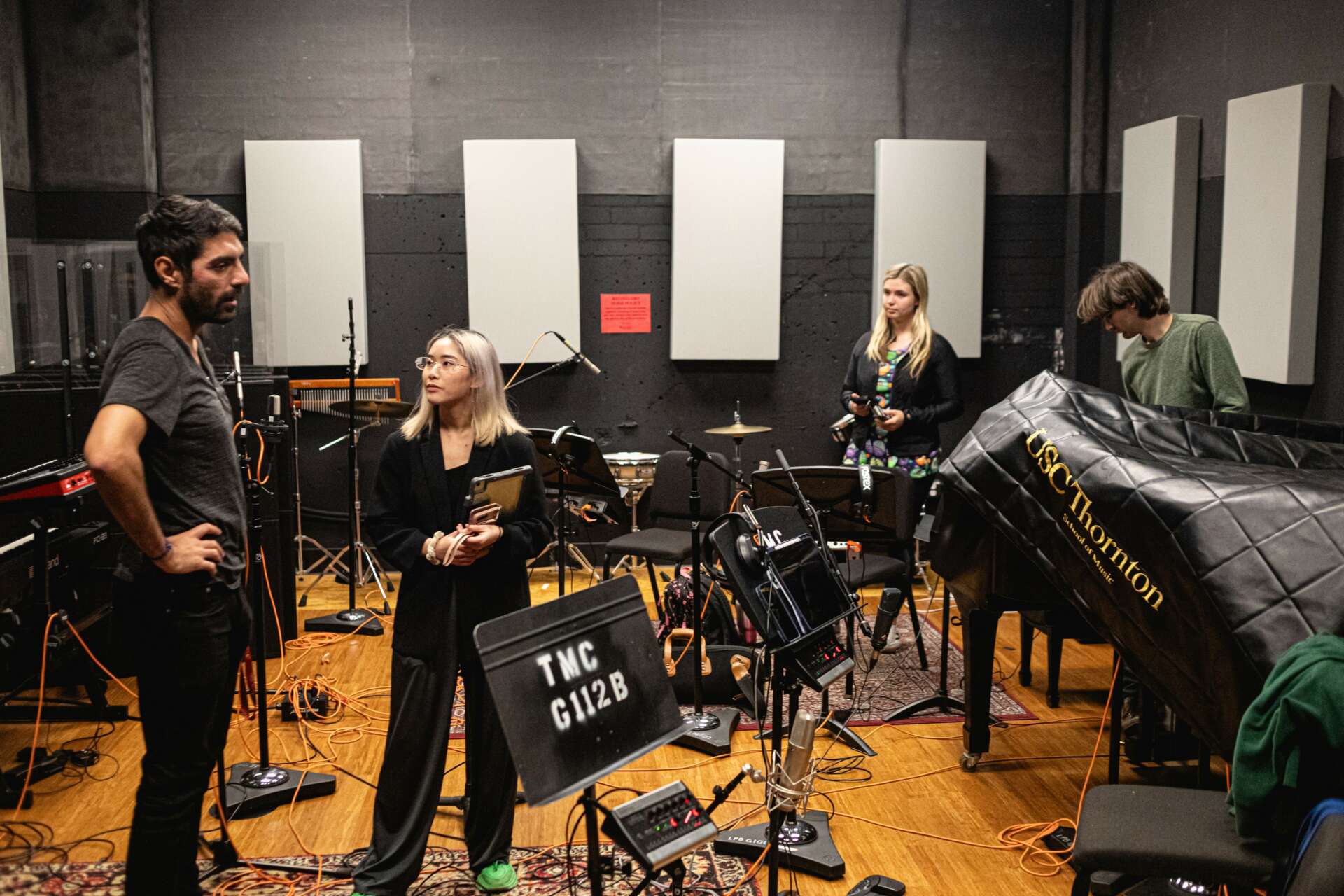
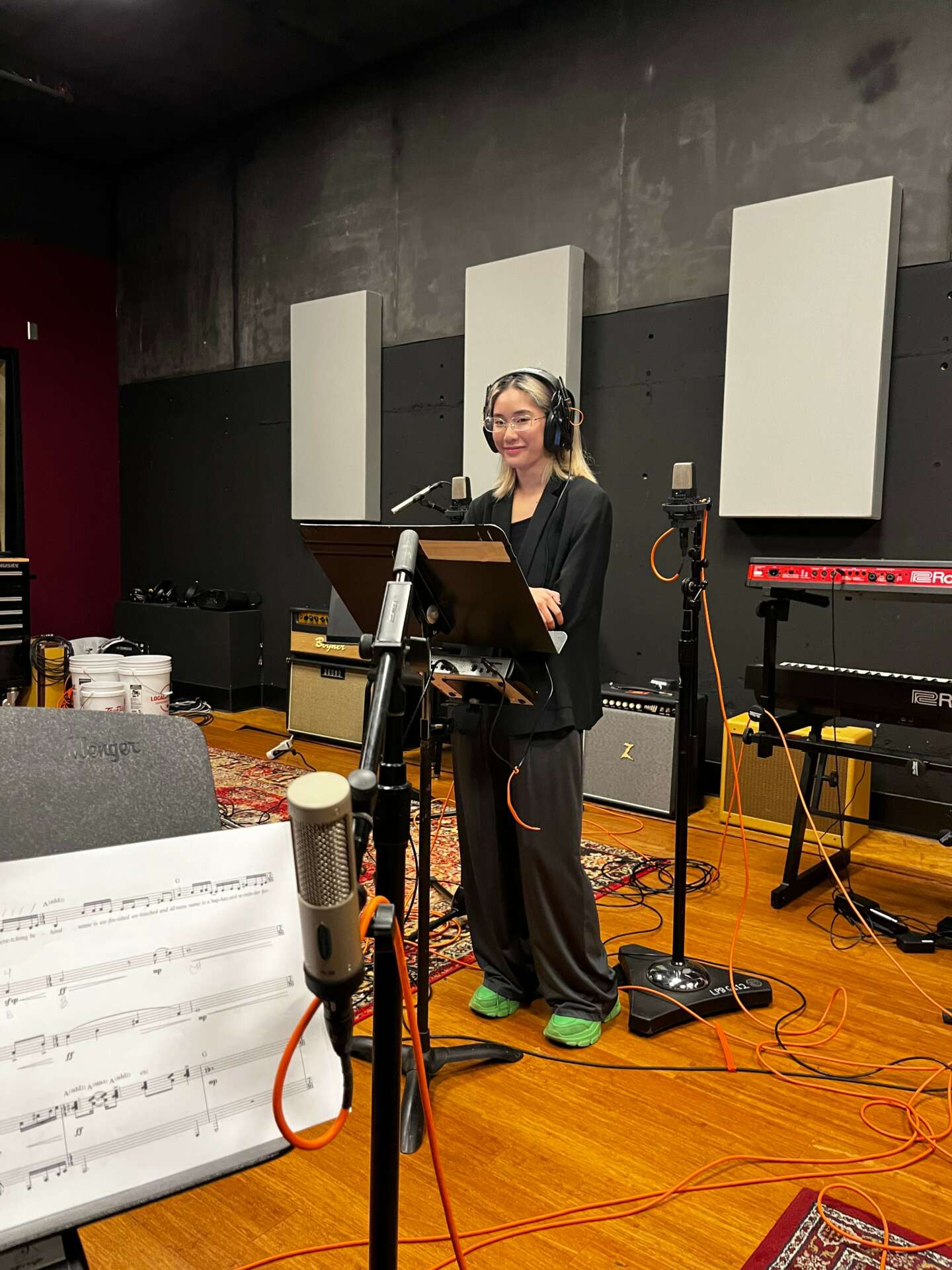
Great, appreciate you sharing that with us. Before we ask you to share more of your insights, can you take a moment to introduce yourself and how you got to where you are today to our readers.
Simply put, I’m a musician. I’ve found the title “composer” to fit what I do, at least for now. I generate ideas and then orchestrate, arrange, code, produce, songwrite, perform, or find another way to realize them and make them physical. Sometimes my work overlaps with the creativity of others, and I collaborate with filmmakers, dancers, and ensembles. The beauty of what I do is how open it is. I’m not stuck doing one hyper-personalized craft. There are endless possibilities to what it means to be a composer.
My journey to this boundless, creative space began as a child. My first real instrument and first musical love was the violin. I took classical private lessons and played in numerous youth orchestras. Eventually, curiosity got the best of me, and I supplemented my knowledge of music with additional free music classes at a local college. The classes covered a variety of topics, but the most notable was the composition class they offered.
Still, by high school, I didn’t call myself a composer. I wrote many songs for my band at the time, and if I wrote something without lyrics, it was just a “thing” or “idea” to me. I subconsciously identified composers with European men from the 1700s with powdered wigs and handwritten scores. I didn’t know that what I was doing was already composing.
It was only in my junior year of high school that I altered my perspective. My orchestra director told me to apply to a composition fellowship called Luna Lab, which provides mentorship and performance opportunities to young composers who are female, nonbinary, or gender nonconforming. I remember feeling ill-prepared yet excited, and wrote my first piece of concert music for that application. My acceptance into that program opened a world of contemporary classical music and contemporary classical composers to me, and I pursued this world into college.
In 2021, I was accepted at the University of Southern California’s Thornton School of Music as a composition major. Over my two and a half years in this major I developed an interest in electronic music––both in classical and non classical genres. I’ve also met and collaborated with talented creatives through school, and these people have been truly inspiring to me as both an artist and a person.
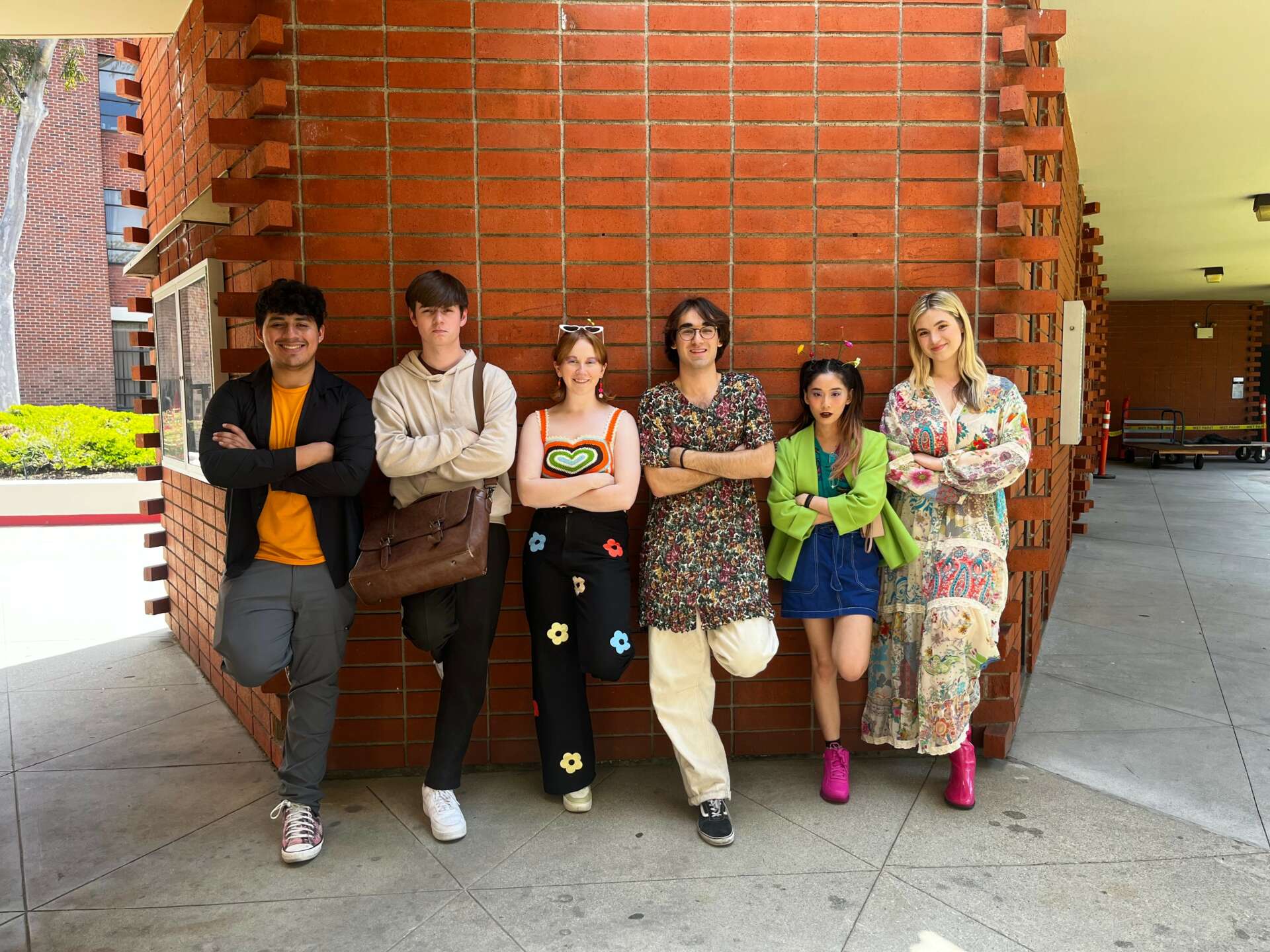
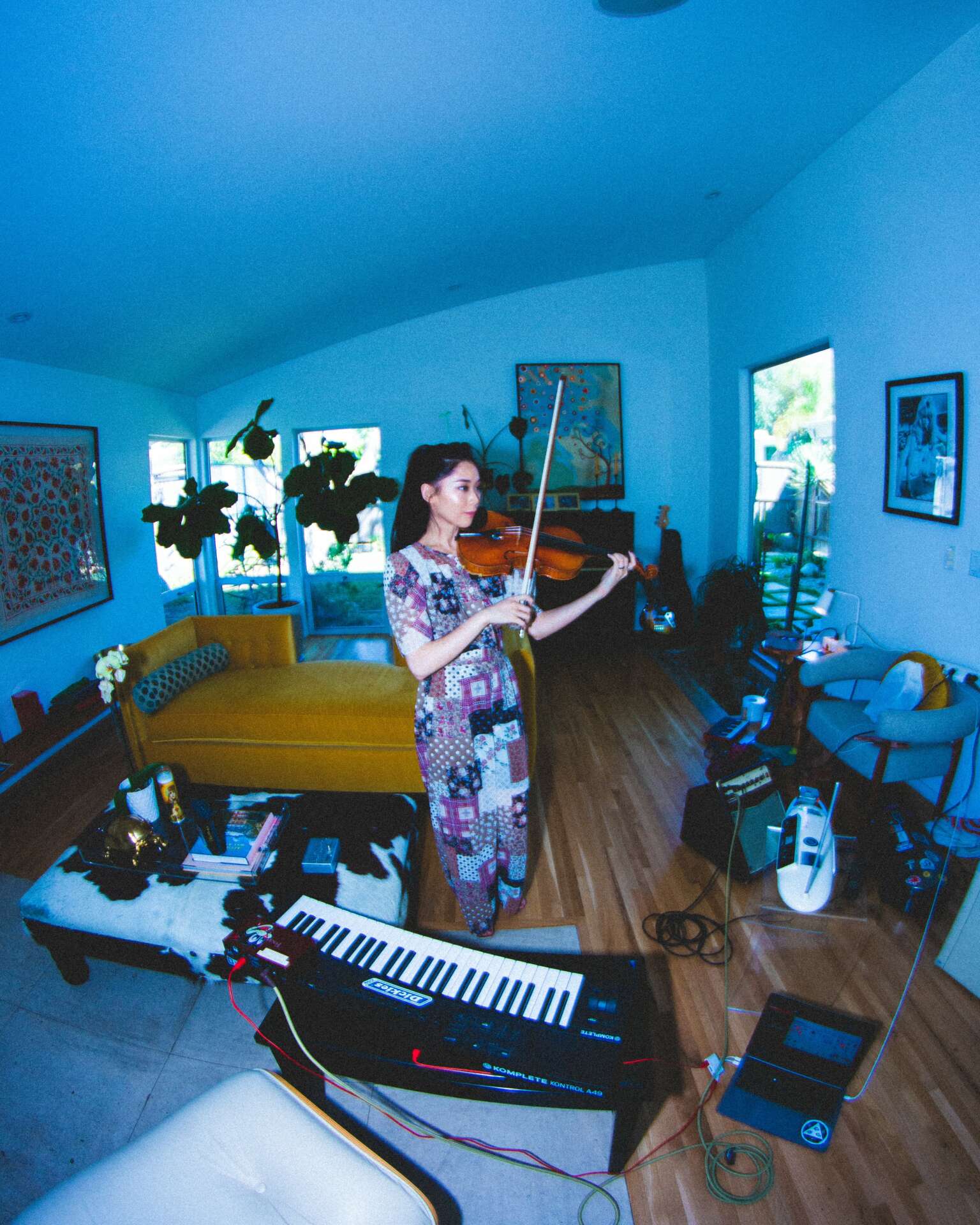
Is there mission driving your creative journey?
To me, being a musician means being at the service of the listener. There’s something magical about music in that even though its conventions aren’t necessarily universal across cultures, music is always centered around people, community, and fostering empathy. I have felt the emotional power and healing that good music can provide, and I’m always chasing that when I create something. At my core, I want to help others in the best way that I can. Art and music are the tools that I use.
Honesty is an important aspect of my music. I always want to make something that I mean and is from me. I have an eclectic taste in music. I experiment and cross into different sonic landscapes frequently, but I think what makes my music “mine” is that I’m honest about where I’m at. I never try to be any more or less than who I am in my music.
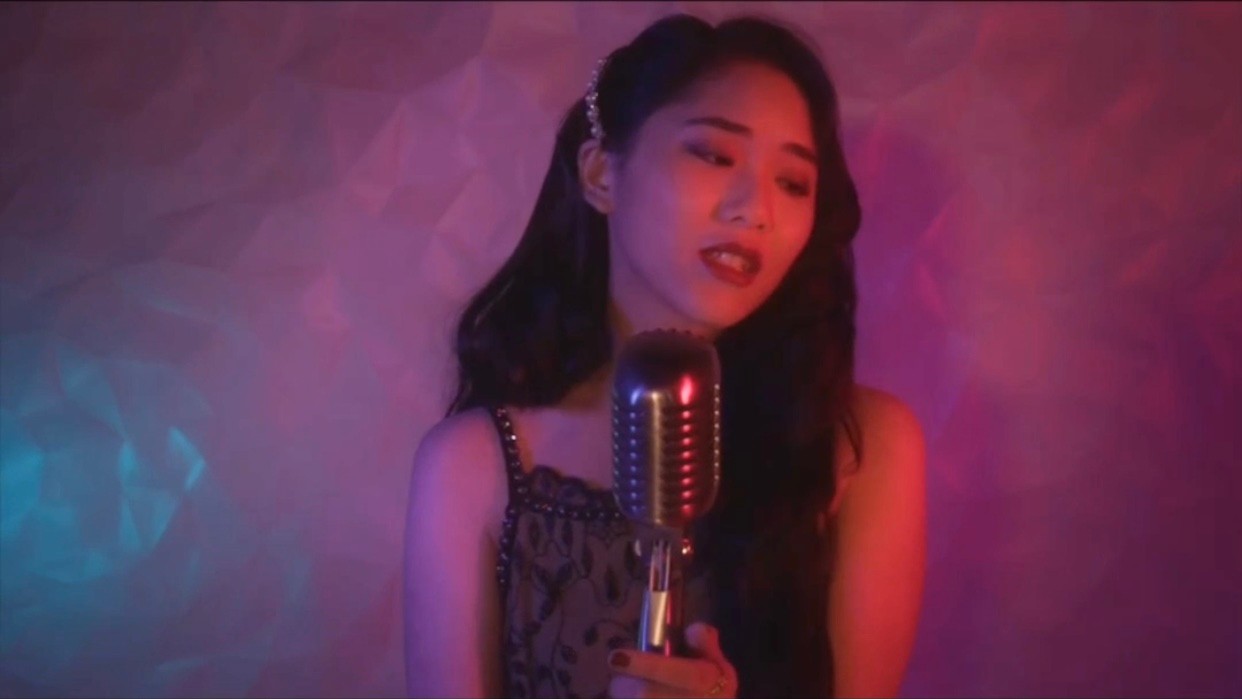
What’s a lesson you had to unlearn and what’s the backstory?
Musicians are taught to be incredibly critical of their craft. I think I’ve felt this way ever since my first violin lesson. There is merit to this. It’s important to strive for quality and goodness in one’s work and this can only be done with a critical mind.
Yet, creativity also requires a playful, explorative mentality, which is inhibited by perfectionism. I’ve learned that this threshold of “good enough” I used to reach for is a mirage. Knowledge is elastic and in flux. When I work on a project, I remind myself that it will never be perfect. I will always learn more than my past self, and my future self will have more wisdom than me What is more important to me is creating something honest with my current self and the current world I live in.
These days, I try to remind myself that play and experimentation are crucial steps in composing. I try to make more mistakes and take on projects that feel bigger than what I know. There is a time to be critical, but I try to make my criticism of my work a conscious step instead of a discouraging voice.
Contact Info:
- Instagram: https://www.instagram.com/i_make_sounds/
- Youtube: https://www.youtube.com/channel/UCLsLr71lOlTMPIgJpfThRHQ
- Other: GoFundMe for music videos: https://gofund.me/f248cdb4
Image Credits
Oliviana Marie Halus-Griep Nicolas Skrabak Christian Amonson


